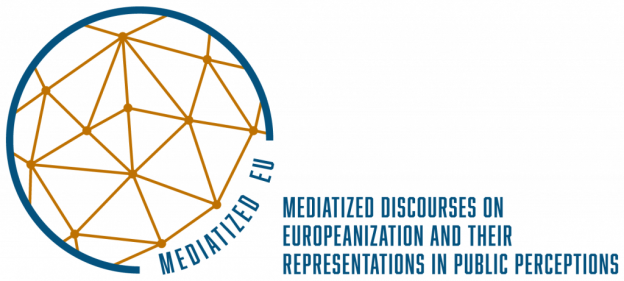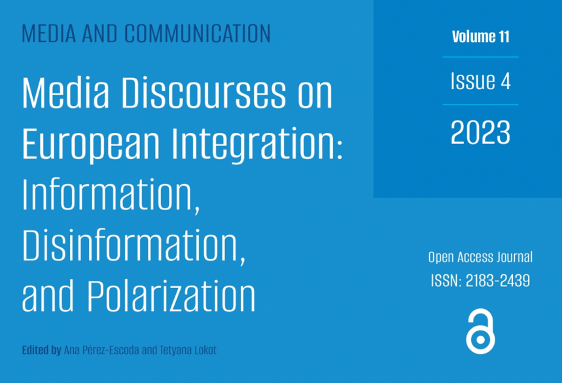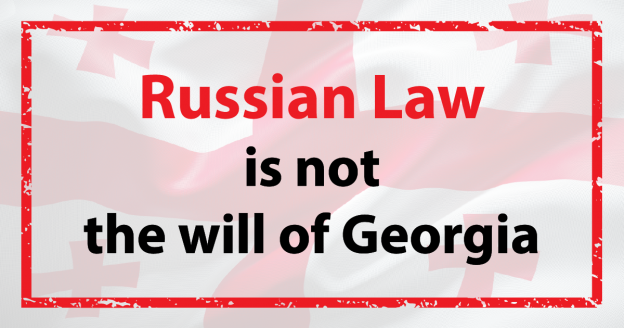We, the people of Georgia, strongly oppose the bill initiated by the members of the Parliamentary Majority, also endorsed by the Speaker of Parliament and other MPs. We declare that the attempts to adopt this Russian bill attack not only the independent civil society organizations and the critical media, but the people of Georgia themselves.
This bill aims to leave defenseless the abused children and women; people with disabilities, minorities, scientists, workers, and the youth; to not provide assistance to the socially vulnerable families, farmers, miners, internally displaced, homeless, illegally laid off, detained, and other people fighting for their rights; to mute the voice of the people living in the peripheries of the country that can only communicate their troubles through the independent media.
This draft legislation acts as a response to the numerous facts of violence, corruption, lawlessness, and arbitrary execution of the laws that we, the civil society and the critical media, study and make public. When Putin adopted a similar law in Russia, many organizations chose to disband rather than comply with its requirements. Those that continued to operate faced increased control, harassment, and repressions. This is not the type of governance that we have fought for many years to achieve, and Russian law is certainly not the type of governance that Georgian citizens aspire to have in our country.
Adopting this bill will amount to an attack on the key Georgian values of dignity, independence and solidarity with our communities and fellow people. Adopting this bill will amount to an onslaught not only against civil society and our democracy but will also damage our aspirations of Euro-Atlantic development. This law will obstruct our path to membership of the EU as this law was found illegal in the EU. Moreover, the execution of this law will be impossible without causing insurmountable harm to
hundreds of thousands of citizens of Georgia.
****
რუსული კანონი არ არის საქართველოს არჩევანი
ჩვენ, საქართველოს მოქალაქეები, კატეგორიულად ვეწინააღმდეგებით საპარლამენტო
უმრავლესობის წევრების ინიცირებულ კანონპროექტს უცხოური გავლენის აგენტების შესახებ, რომლის მიმართ მხარდაჭერა პარლამენტის თავმჯდომარემ და უმრავლესობის სხვა წევრებმა გამოხატეს. მიგვაჩნია, რომ ამ რუსული კანონის მიღების მცდელობა მიმართულია არა მხოლოდ თავისუფალი სამოქალაქო საზოგადოების ორგანიზაციებისა და კრიტიკული მედიის, არამედ საქართველოს მოსახლეობის წინააღმდეგ.
ეს კანონი მიზნად ისახავს, რომ დაუცველად დარჩნენ ძალადობის მსხვერპლი ბავშვები და ქალები; შეზღუდული შესაძლებლობის მქონე პირები, უმცირესობები, მეცნიერები, მშრომელები და ახალგაზრდები; დახმარება არ გაეწიოთ სოციალურად დაუცველ ოჯახებს, ფერმერებს, მაღაროელებს, უკანონოდ გათავისუფლებულ, დევნილ, უსახლკარო, თავისუფლებაშეზღუდულ და საკუთარი უფლებებისთვის მებრძოლ სხვა ადამიანებს; არ გაშუქდეს მაღალმთიან და სხვა რეგიონებში მცხოვრები ადამიანების ხმა, ვინც მხოლოდ ადგილობრივი, დამოუკიდებელი მედიის მეშვეობით აცნობს საზოგადოებას თავის გასაჭირს.
ეს კანონპროექტი არის პასუხი ძალადობის, კორუფციის, უკანონობისა და შერჩევითი სამართლის იმ ასობით ფაქტზე, რომელსაც საზოგადოებრივი ორგანიზაციები და დამოუკიდებელი მედია ვსწავლობთ და ვასაჯაროვებთ.
რუსეთში ანალოგიური კანონის მიღების შემდეგ ბევრმა ორგანიზაციამ უარი თქვა მის აღსრულებაზე და დაიხურა. ვინც განაგრძო ფუნქციონირება, მზარდი კონტროლის, შევიწროებისა და რეპრესიების მსხვერპლი გახდა. რუსული კანონი არ არის საქართველოს არჩევანი, რისთვისაც ათწლეულებია ვიბრძვით.
ამ კანონპროექტის მიღება იქნება შეტევა მთავარ ქართულ ფასეულობებზე – ღირსების განცდაზე, დამოუკიდებლობასა და სამოქალაქო სოლიდარობაზე. გარდა ამისა, კანონპროექტის მიღება სერიოზულად დააზიანებს ქვეყნის ევროპასთან ინტეგრაციის პროცესს, მათ შორის დააბრკოლებს საქართველოს სვლას ევროკავშირის წევრობისკენ, რომლის არც ერთ წევრ ქვეყანაში მსგავსი კანონი არ მოქმედებს. ამასთანავე, ამ კანონის აღსრულება შეუძლებელი იქნება საქართველოს ასიათასობით მოქალაქისთვის განუზომელი ზიანის მიყენების გარეშე.



